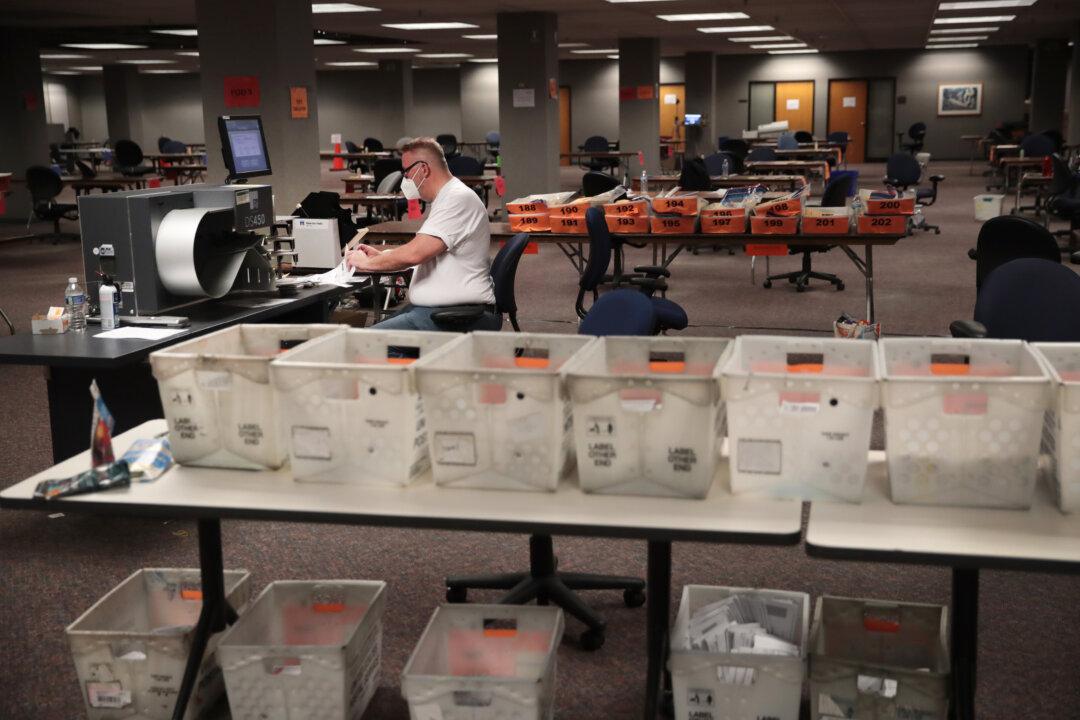With the 2020 elections marred by legal challenges and fraud allegations, some have used statistical analysis to try to determine if foul play was involved. In several states, analyses of election data indeed show statistically odd phenomena in the tallies of votes for the Democratic candidate, former Vice President Joe Biden.
One of the most common arguments is that in some localities, vote counts for Biden violate Benford’s Law.





